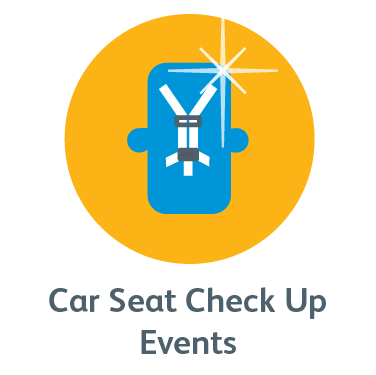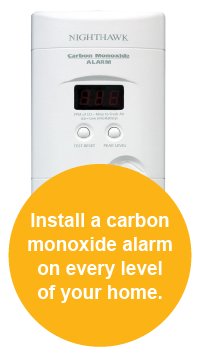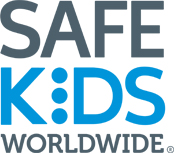You are here
Carbon Monoxide
Car Seat Checkup Events
Due to COVID-19, inspection stations hours in your area are likely to be suspended or adjusted. Please call ahead to make sure they are open.

Want professional help to learn how to install your car seat? Safe Kids hosts thousands of child passenger safety events across the country. Our trained technicians will teach you everything you need to know to make sure your car seat is fitted and installed correctly.
To find an event, select your state on the left-side navigation.
No Events In Your Area?
Even if you don’t see a car seat event in your area, we still might have a technician who can help.
Car Seat Checkup Event Listings
Carbon Monoxide

Carbon monoxide (CO) is a gas that you cannot see, taste or smell and because of this, is often called the “invisible killer.” It is created when fuel-burning appliances, such as heating devices, grills, clothes dryers and vehicles, do not burn all the fuel they need to function.
Young children process CO differently than adults, so they may experience more severe side effects and show signs of poisoning quickly. Symptoms of carbon monoxide poisoning include headache, nausea and drowsiness. At its worst, CO can cause severe side effects or even death. However, there are steps you can take to keep your family safe from carbon monoxide poisoning.
The Hard Facts of Carbon Monoxide
In 2017, poison control centers reported 3,248 cases of carbon monoxide exposure in children 19 and under.
Top Tips for Carbon Monoxide Safety
- Install carbon monoxide (CO) alarms. Make sure there is one on every level of your home, especially around sleeping areas.
- Test CO alarms every month. Replace them according to the manufacturer’s instructions.
- Avoid using gas appliances inside your home. Use generators and grills outside of your home, away from windows and doors. Warm up vehicles outside of your garage.
- In a CO emergency, leave your home immediately. If the CO alarm sounds, quickly leave your home. Move to a safe location outside where you can breathe in fresh air before you call for help.
Learn More
Want to know more about how to prevent CO poisoning? Read more carbon monoxide safety tips to learn how to keep your family safe.
